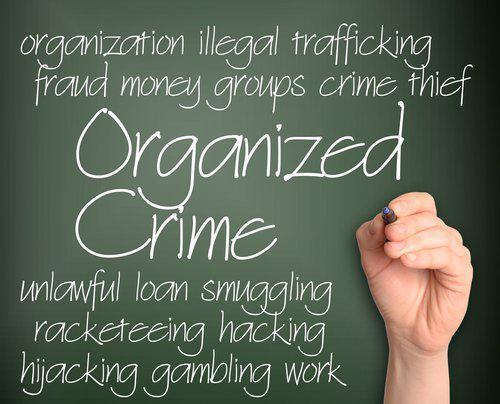Then and Now: The Evolution of the RICO Law
 The mention of the Rico Law or more formally, the 18 U.S. Code Chapter 96, Racketeer Influenced and Corrupt Organizations (RICO) often brings to mind the five Mafia families convicted in New York City on November 19, 1986. Although the Rico Law has been on the books since 1970 when Congress passed the Act in an effort to combat organized crime, many criminal defense attorneys first shied away from using the act as a prosecution tool because they did not fully understand the power of the Act.
The mention of the Rico Law or more formally, the 18 U.S. Code Chapter 96, Racketeer Influenced and Corrupt Organizations (RICO) often brings to mind the five Mafia families convicted in New York City on November 19, 1986. Although the Rico Law has been on the books since 1970 when Congress passed the Act in an effort to combat organized crime, many criminal defense attorneys first shied away from using the act as a prosecution tool because they did not fully understand the power of the Act.
Often referred to as the atomic bomb that brought the Five Mafia Families to their knees, the RICO Act was evoked to establish the intertwined families as an operating commission linked to criminal activity for monetary gain.
Although today’s crime syndicates appear less territorial and open to stronger collaborative bonds, prosecution under the RICO Act remains in play today.
As RICO evolved by focusing less on mobsters and Mafia-type syndicates, today’s RICO Act now establishes legal consequences for those who repeatedly engage in criminal activity for profit as an individual or an organized group. It now encompasses what is often termed as white collar crime and generally focuses on a wide range of organized groups or individuals involved in such lawless activities as:
- Homicide;
- Kidnapping;
- Extortion;
- Corruption;
- Robbery;
- Arson;
- Money laundering;
- Counterfeiting;
- Witness tampering;
- Securities violations; and
- Mail or wire fraud.
Although the RICO Act historically was used by the government to prosecute criminal Mafia-type organizations, today’s RICO Act still evokes questions of organized criminal activity but can also be used as a basis to bring civil cases against an individual.
These civil cases of suspected violations of the RICO Act can be brought forth by private individuals but the burden of proof beyond a reasonable doubt must be established.
This process is described as the highest burden of proof within the American legal system and violations are punishable by up to 20 years in prison. Offenders may also be liable for monetary fines of either $250,000 or double the monetary amount of all proceeds earned from the illegal activity.
Whether you need a strong legal team to assist in your defense against levied RICO criminal or civil charges or if are considering filing a RICO claim against a criminal organization, the skilled Milwaukee criminal defense attorneys of Gimbel, Reilly, Guerin & Brown, LLP offer a confidential consultation, protected by attorney-client privilege. Contact us today at 414-271-1440.
Sources:
https://law.cornell.edu/uscode/text/18/part-I/chapter-96
http://washingtonexaminer.com/crime-history-feds-use-rico-act-to-bring-down-mob-bosses/article/107350
http://wsj.com/articles/SB10001424052702304626804579363363092833756







